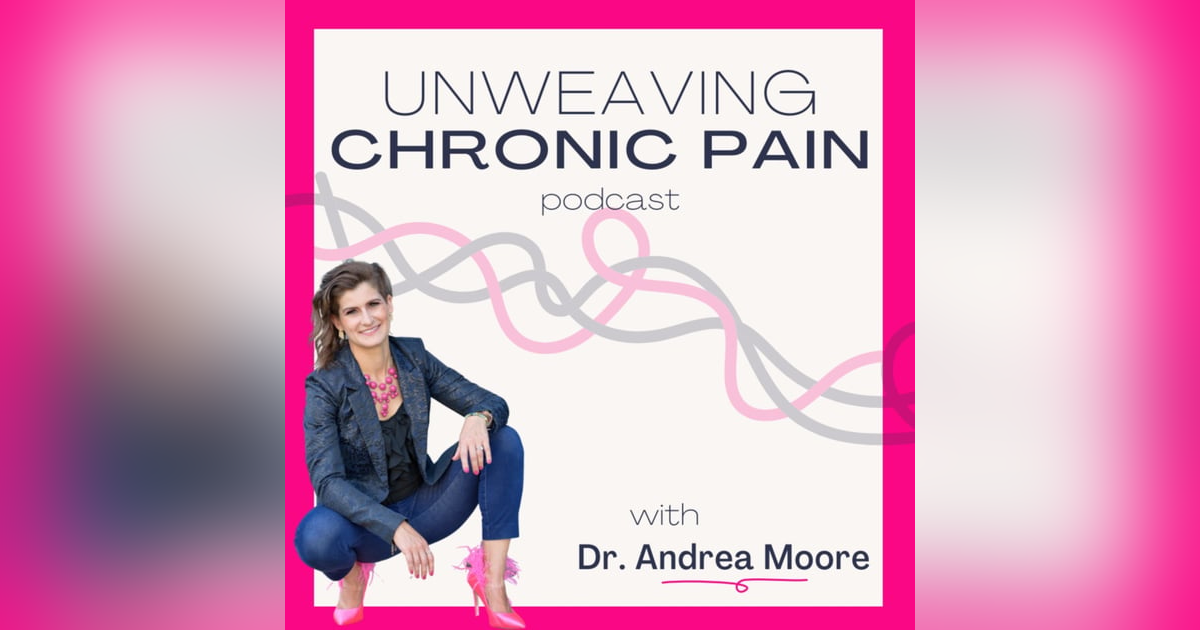Overcoming Overcoupling Reactions in Chronic Pain

Energy Up-level Session: https://drandreamoore.as.me/?appointmentType=500431 Could you imagine a life where the intensity of your chronic pain is drastically lowered? What if your body reacted less violently to the situations that trigger your pain? Come, join us on a journey of unearthing the mysteries surrounding over-coupling reactions in chronic pain. We are diving deep into this fascinating conversation, explaining the phenomenon of our bodies responding more fiercely to a situation than necessary, thus escalating our perception of pain. Together, we will see how curiosity and compassion can help us better understand the signals our pain is sending and how our remarkable brain is always on guard to shield us.
Further, we venture into the intriguing connections between sensation and action, and how biases can set off over-coupling reactions. Let’s untangle the complex connections between the same sensation and meaning or the coupling of two physical sensations. We’ll also spotlight on under-coupling reactions and the significance of comprehending over-coupling first. So, tune in and let’s together explore the deeper emotions underpinning pain, ultimately helping you approach your partnerships with a more team-oriented perspective.







